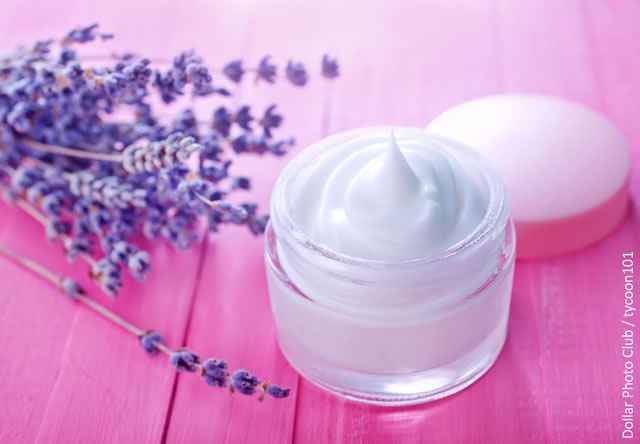All of us take care to ensure that we are eating organically grown food free of harmful pesticides and chemicals every day.
At home, we have switched to energy efficient appliances that utilize minimum energy and decrease our carbon footprint. To reduce fuel consumption and save the environment from toxic exhaust gases, we’ve started using car pools to commute to work. Then why do we still slather on artificial chemicals and additives on our own body?
Why go with organic or eco-friendly skin care?
Many skin care, personal care and beauty products used today contain harmful chemicals like parabens, phthalates and petroleum waxes. The Harvard School of Public Health says that an average person in the United States is exposed to more than a hundred chemicals from cosmetics and other personal care products that he uses before leaving the house every morning.
Phthalates, commonly found in nail polishes and synthetic fragrances, have been accused of disrupting hormonal functions in girls and causing early puberty. Parabens, which are used as anti-fungal agents and preservatives in deodorants, shampoos and body lotions, are reported to have been detected in breast tumor biopsies, though a direct link between the compounds and cancer has yet to be established.
According to a study carried out by the Consumer Reports Shopsmart magazine, Quaternium 15, a suspected carcinogen, can be found in Maybelline Great Lash Waterproof Mascara and Johnson and Johnson’s Aveeno Daily Moisturizing Body Wash. Two different Ponds products were found to contain DMDM Hydantoin, another likely carcinogen. Though any one product by itself may not contain enough amounts of these substances to cause harm, the cumulative effect of dozens of such products on your body over a period of time is worrying.
On the other hand, organic skin and beauty care products, certified by the US Department of Agriculture, are made using ingredients that conform to the same growing standards used for organic food. Not only are they free of harmful pesticides and fertilizers, they also do not contain synthetic fragrances or parfume that can cause irritation and allergic reactions. Made with high quality ingredients, they are more effective than their chemical counterparts when it comes to caring for your skin.
How to choose your organic skin care product
Not all organic products are the same and you have to exercise great caution while buying your beauty and skin care products. Don’t be fooled by a brand’s claims that their product is “natural” or “all-natural”. The Alternet lists a few simple guidelines that can help you make the right choice.
- Does the product carry the USDA seal of approval and the agent’s name and address? If so, it is 100 percent organic and has been evaluated by the agency.
- Products with at least 95 percent organic ingredients can still bear the “organic” label, though they may not have the USDA seal.
- If the product contains at least 70 percent organic ingredients, it can use the phrase “made with organic ingredients”.
- All products containing less than this amount cannot use the term “organic” on the main display panel, but can list specific organic components in the ingredients list.
Here are some more tips for you to green your beauty routine.
- Choose products with eco-friendly, recyclable packaging that won’t add to the landfills. Containers bearing the recycling code #3 and the letter “V” contain the harmful chemical called polyvinyl chloride and are best avoided.
- Support companies which honor green values. Does the company carry out testing on animals? Is it committed to reducing its impact on the environment?
- Treat your home to natural skin care products that you can whip up in the comfort of your own home.
- Follow a proper diet and drink plenty of water to keep your skin healthy and glowing.
Kurt Jacobson is a surfing enthusiast with a background in real estate. Having moved 10 times in the past 7 years, he thrives on helping others learn from his experiences. When he’s not out shredding waves he writes about homes for househunter.co.
P.S. Word from Mrs. Green – please check out Environmental Working Group for a very trustworthy source for safe cosmetics because YOU matter.
BONUS:
Beware fellow consumer divas and dudes when it comes to “natural” or “eco-friendly” labeled skin care. The lovely Kristen Arnett of Green Beauty Team talks about green washing in the beauty and cosmetic industry.
LISTEN:
[dynamic-sidebar id=’Custom Widget 2′]

